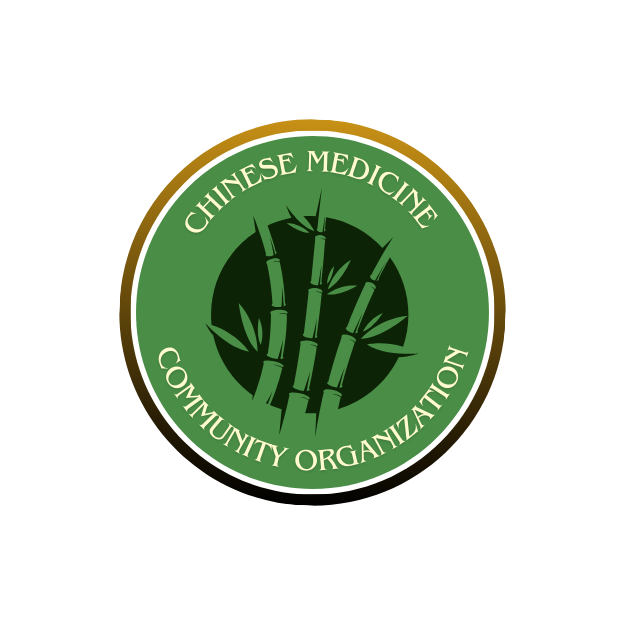Introduction
Cancer is a major global health burden, and patients often seek complementary and alternative therapies, including Traditional Chinese Medicine (TCM), to alleviate symptoms and improve quality of life. TCM encompasses various modalities, such as acupuncture, herbal medicine, and therapeutic exercises, which have been used for centuries in China and other Asian countries. In recent years, there has been a growing interest in evaluating the efficacy and safety of TCM interventions in cancer care. This analysis aims to review the available evidence from published studies on the potential benefits of TCM for various cancer-related conditions.
TCM: An Embodiment of Ancient Wisdom
TCM’s roots penetrate deep into the annals of history, with a legacy enriched by thousands of years of practice, observation, and philosophy. Unlike the reductionist approach of Western medicine, TCM views the human body as a complex, interconnected system where the physical, mental, and spiritual dimensions are inextricably linked. This comprehensive approach, encompassing acupuncture, herbal remedies, Qi Gong, and dietary therapy, aims not only to treat illness but to prevent it by maintaining harmony within the body and with the external environment.
The Call for an Integrative Approach in Oncology
Cancer’s multifaceted nature demands a multifaceted response. The limitations of conventional oncology, particularly in managing side effects and maintaining patient quality of life, underscore the need for complementary therapies. TCM, with its emphasis on balance and holistic wellness, offers palliative care, symptom management, and a potential reduction in the side effects of conventional cancer treatments.
Methodology
The analysis is based on 596 studies retrieved from PubMed, a widely recognized database for biomedical literature. The search results include systematic reviews, meta-analyses, randomized controlled trials (RCTs), and observational studies examining the use of TCM, particularly acupuncture, in cancer care.
Scientific Validation of TCM’s Efficacy
Recent decades have seen a surge in scientific interest in TCM, with a significant number of studies investigating its efficacy and mechanisms of action in cancer care:
- Cancer Pain Management: Several systematic reviews and meta-analyses have found that acupuncture is an effective adjunctive therapy for managing cancer-related pain. Studies suggest that acupuncture can significantly reduce pain intensity and improve pain management compared to standard care or placebo controls.
- Cancer-Related Fatigue: Multiple systematic reviews and meta-analyses have demonstrated the efficacy of acupuncture in reducing cancer-related fatigue, a common and debilitating symptom experienced by cancer patients and survivors.
- Insomnia and Sleep Disturbances: Acupuncture has shown promising results in improving sleep quality and alleviating insomnia in cancer patients and survivors, according to several systematic reviews and RCTs.
- Nausea and Vomiting: Several studies have demonstrated the efficacy of acupuncture in reducing chemotherapy-induced nausea and vomiting (CINV) in cancer patients, making it a valuable adjunctive therapy.
- Lymphedema and Peripheral Neuropathy: Acupuncture has been found to be effective in managing breast cancer-related lymphedema and chemotherapy-induced peripheral neuropathy, as evidenced by systematic reviews and RCTs.
- Hot Flashes and Night Sweats: Several studies have reported that acupuncture can alleviate hot flashes and night sweats in breast cancer patients and survivors, improving their quality of life.
- Xerostomia (Dry Mouth): Acupuncture has shown promising results in reducing radiation-induced xerostomia in head and neck cancer patients, according to several studies.
- Safety and Acceptability: Overall, acupuncture has been found to be a safe and well-tolerated complementary therapy for cancer patients, with low rates of adverse events reported in clinical trials.
Limitations and Future Directions:
While the available evidence suggests potential benefits of TCM, particularly acupuncture, in cancer care, there are some limitations to consider:
1. Heterogeneity in study designs and interventions: The studies vary in terms of acupuncture techniques, treatment protocols, and cancer types, making it challenging to draw definitive conclusions.
2. Placebo effects: Some studies have reported similar effects between real and sham acupuncture, raising questions about the placebo effect and the importance of patient expectations.
3. Quality of studies: Although several systematic reviews and meta-analyses are available, the quality of individual studies may vary, and larger, well-designed RCTs are needed to strengthen the evidence base.
4. Integration into clinical practice: Despite the growing evidence, the integration of acupuncture and other TCM modalities into mainstream cancer care remains a challenge, highlighting the need for further research, education, and policy changes.
Looking Ahead: The Future of TCM in Cancer Care
As the dialogue between traditional and modern medicine continues, the future of TCM in oncology looks promising. The increase in interdisciplinary research, coupled with a growing emphasis on patient-centered care, paves the way for more comprehensive cancer treatment strategies. The ultimate goal is a cancer care paradigm that harnesses the best of both worlds—offering treatments that are as compassionate as they are effective.
Conclusion
The available evidence from the reviewed studies suggests that TCM, particularly acupuncture, can be an effective adjunctive therapy for managing various cancer-related symptoms and improving the quality of life of cancer patients and survivors. However, more high-quality research is needed to establish standardized treatment protocols, elucidate the underlying mechanisms, and facilitate the integration of TCM into conventional cancer care. Collaboration between TCM practitioners, oncologists, and researchers is crucial to fully realize the potential of these complementary therapies in cancer care.

